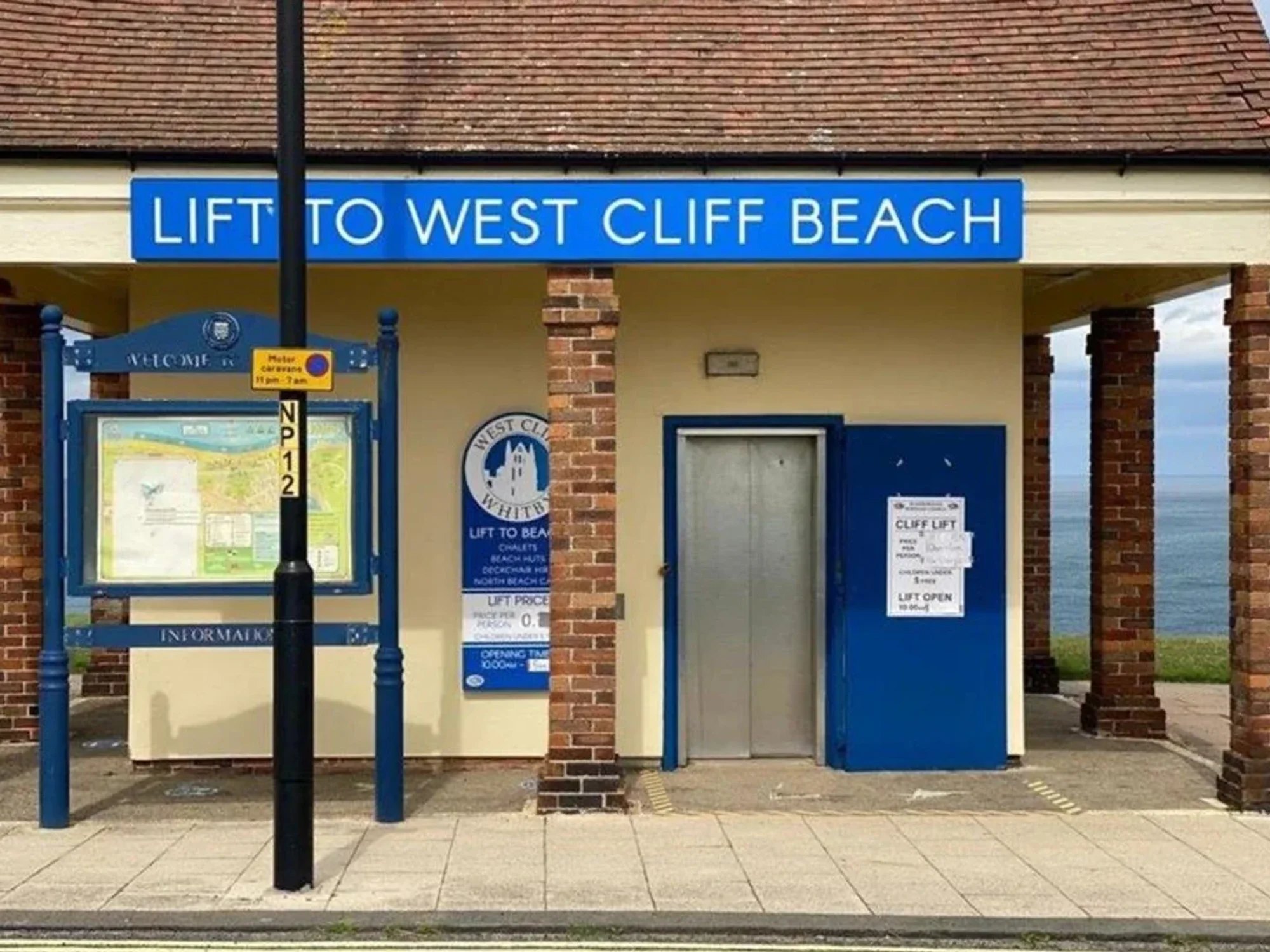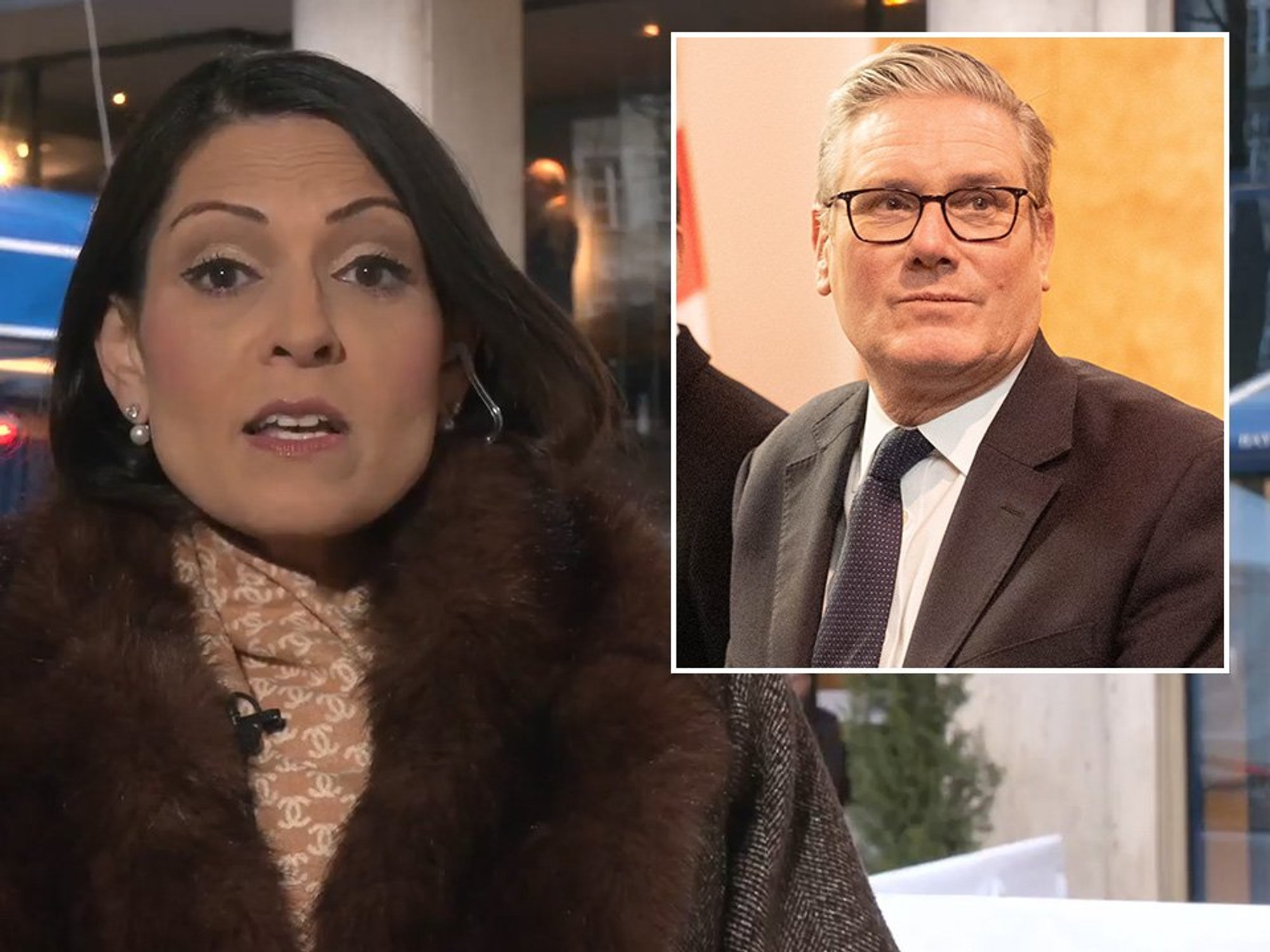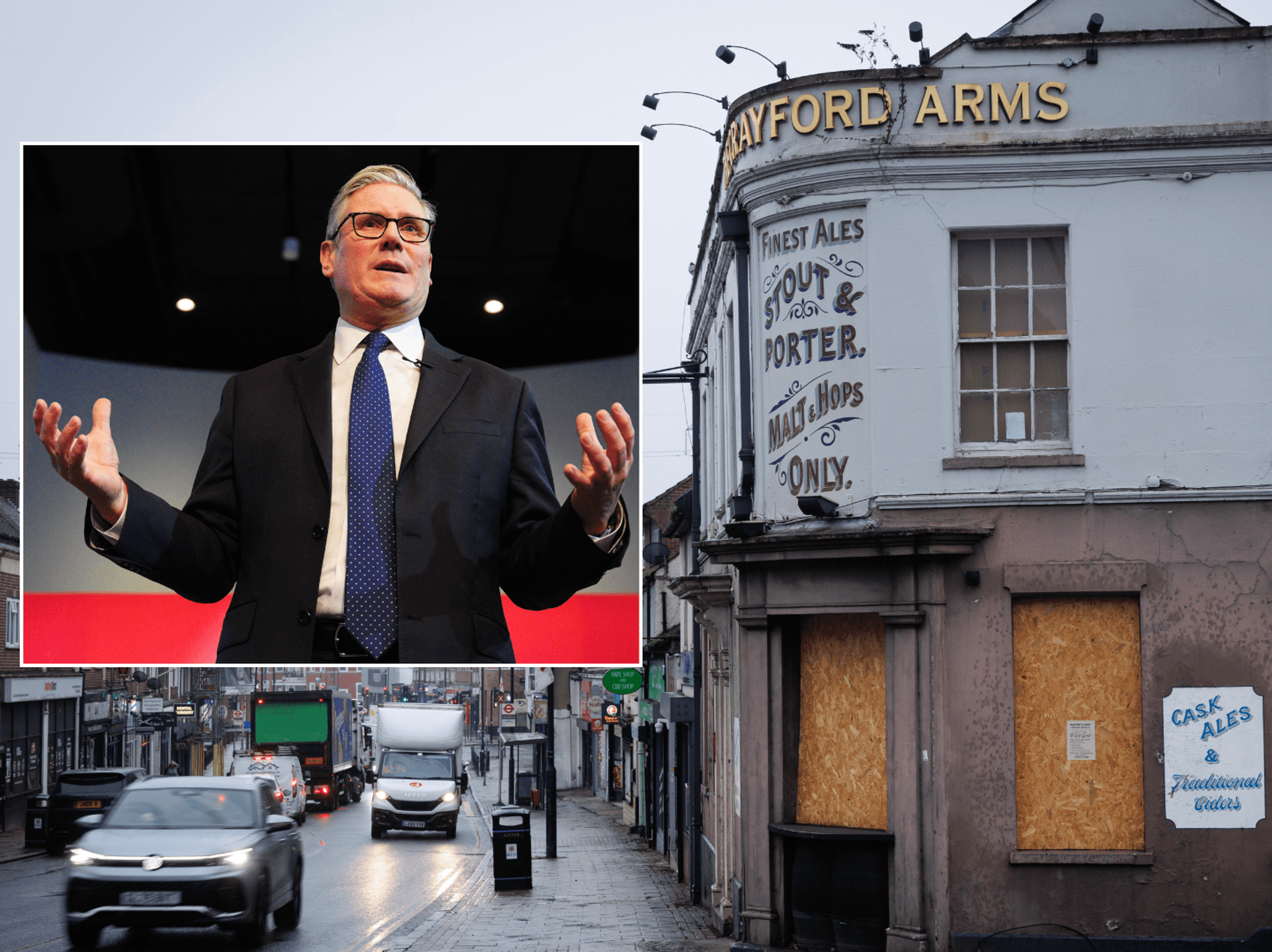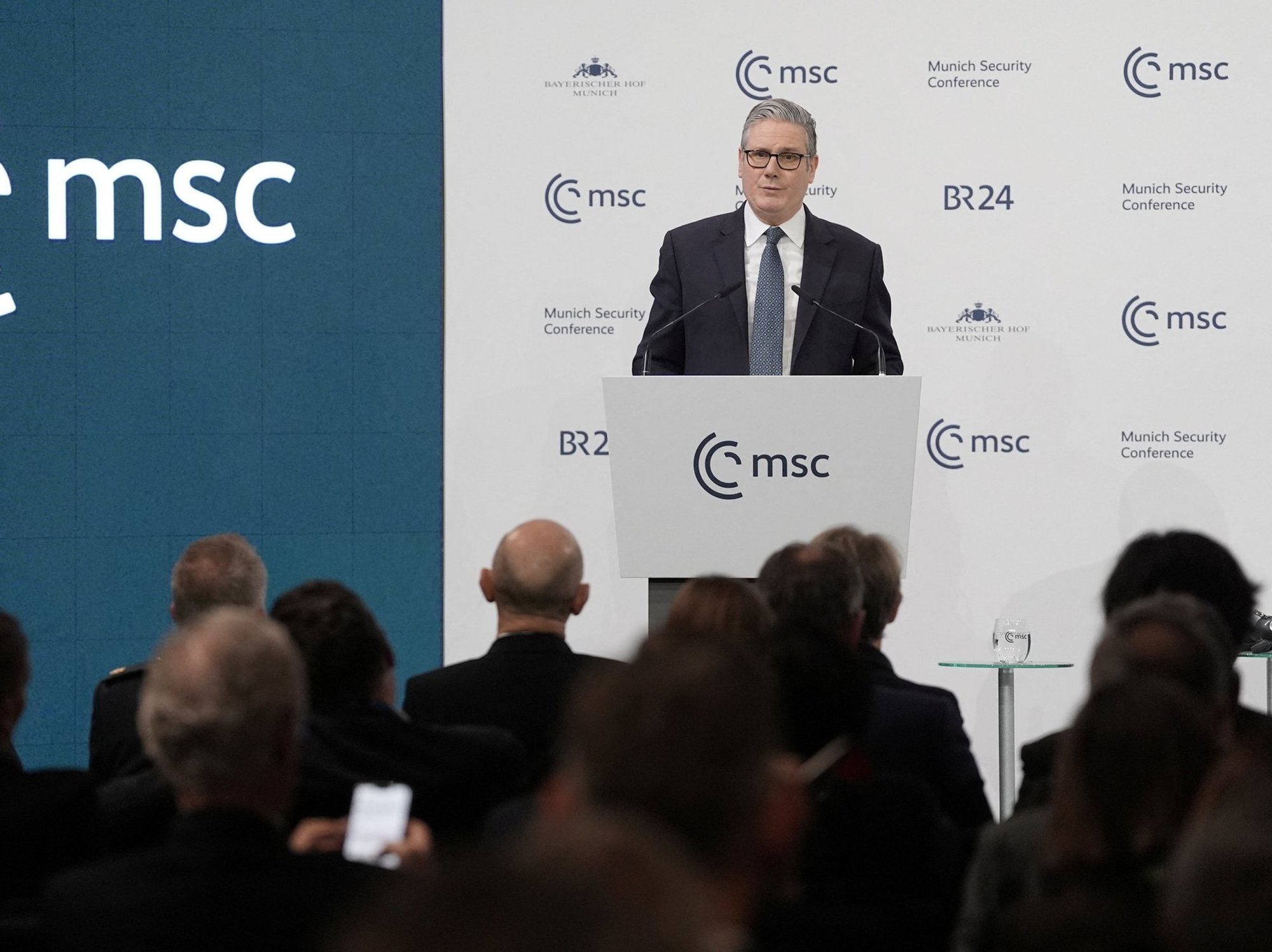Rachel Reeves becomes most unpopular Chancellor in history as divisive Budget looms
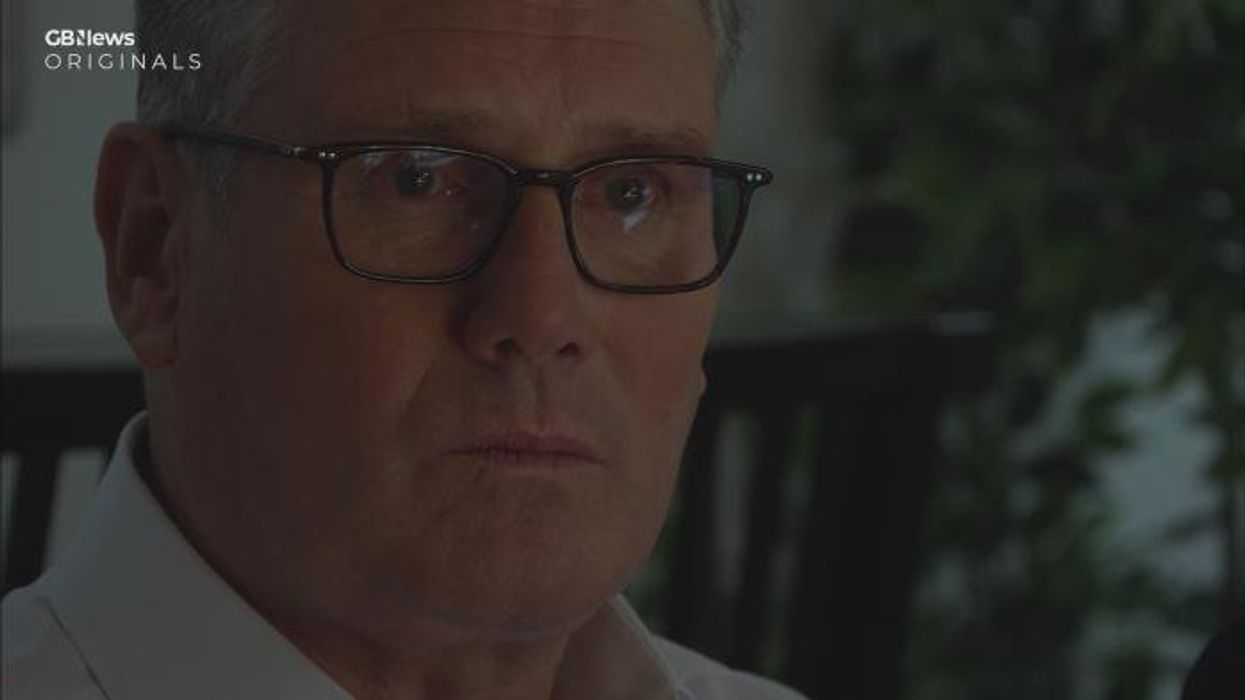
'STUPID AMATEUR!' Borrowing costs SOAR as Rachel Reeves 'FLIP FLOPS' and 10 MILLION Brits brace for tax raid |
GB NEWS

Prime Minister Sir Keir Starmer faced similarly dire numbers in the bruising data
Don't Miss
Most Read
Trending on GB News
Rachel Reeves has officially become the most unpopular Chancellor since records began, new polling has revealed.
Some 71 per cent of respondents in the damning new Ipsos poll expressed their dissatisfaction as her upcoming Budget looms.
No previous Chancellor, even during Britain’s economic crises of the past, has been so unpopular since numbers began to be recorded in 1976.
Prime Minister Sir Keir Starmer faces similarly dire numbers, seeing a net satisfaction rating of -66 in the survey.
TRENDING
Stories
Videos
Your Say
The November poll paints a bleak picture for the Labour Government, with two-thirds of those surveyed indicating they lack confidence the party's policies will deliver economic improvement.
Gideon Skinner, Senior Director of UK Politics at Ipsos, stated that the findings "demonstrate the severe difficulties facing Labour ahead of the Budget, as they find themselves unable to turn around a deep public sense of national decline".
"On top of continued record unhappiness with Keir Starmer, Rachel Reeves' satisfaction ratings have also hit a record low this month, the worst for any Chancellor since we started monitoring in 1976," he said.
Mr Skinner said Britain’s grim economic outlook was one of the primary drivers of the record unpopularity for Ms Reeves and Sir Keir.

Rachel Reeves is now the most unpopular Chancellor in history, damning new polling reveals
|GETTY
"This comes in the context of persistent economic anxiety, with more people today struggling to cope than we were seeing in 2022 when the cost of living crisis first started to bite."
Mr Skinner drew parallels with previous economic crises, noting: "We've only seen similar levels of scepticism over the Government's long-term economic plans in the last years of the Major and Sunak Governments, and under Brown after the financial crash."
He referenced Labour's previous low point in May 2009, during Gordon Brown’s tenure, as the party grappled with the expenses scandal and the fallout of the 2008 financial crisis.
"That was a one-off nadir that they did recover from to some extent, denying the Conservatives a majority in 2010, which might be of some minor comfort to Labour," the pollster said.
LATEST DEVELOPMENTS:

Prime Minister Sir Keir Starmer faced similarly dire numbers in the bruising data
|GETTY
"However, present circumstances are different," Mr Skinner cautioned, citing sustained public pessimism and political fragmentation.
Speaking to GB News about the polling, Migration Minister Mike Tapp said: “One of the frustrations that we all have with politics is how long it takes for changes to deliver.”
“It's really important that Rachel Reeves sticks to her philosophy of fiscal rules and creating that headroom,” he said, listing off some of the Government’s economic achievements.
“We’ve already seen the highest growth in the G7, which, by the way, is minimal, but it still shows we are heading in the right direction.
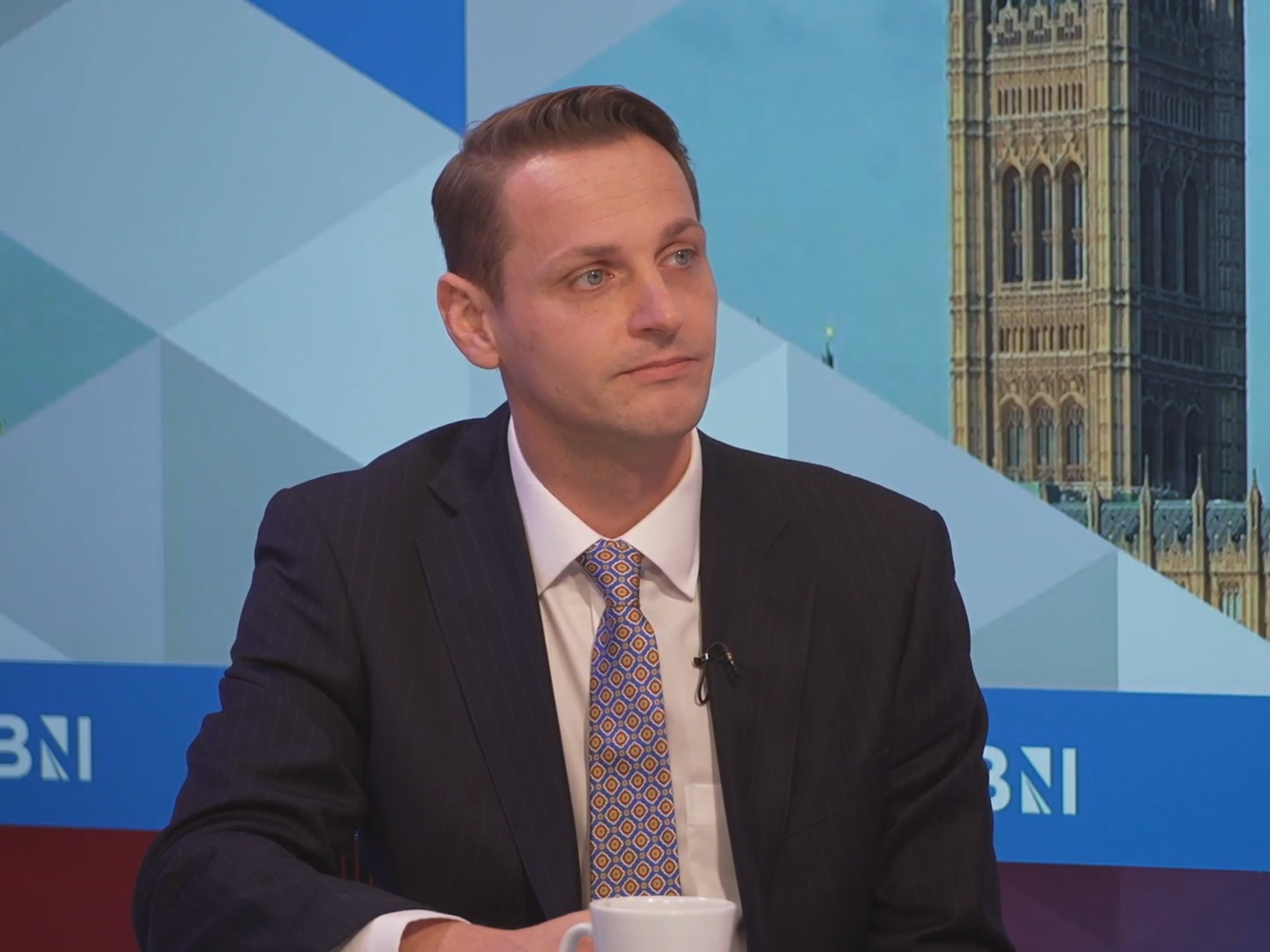
Reacting to the polling, Migration Minister Mike Tapp said: 'One of the frustrations that we all have with politics is how long it takes for changes to deliver'
|GB NEWS
“We do have a very difficult fiscal picture that we’ve inherited,” Mr Tapp told The People’s Channel.
The Ipsos survey also revealed Reform UK has overtaken Labour as the most trusted party across several crucial policy areas.
On asylum and immigration, 35 per cent of voters trust Reform compared to just seven per cent for Labour.
The gap persists on crime and anti-social behaviour, where Reform commands 24 per cent confidence versus Labour's nine per cent.
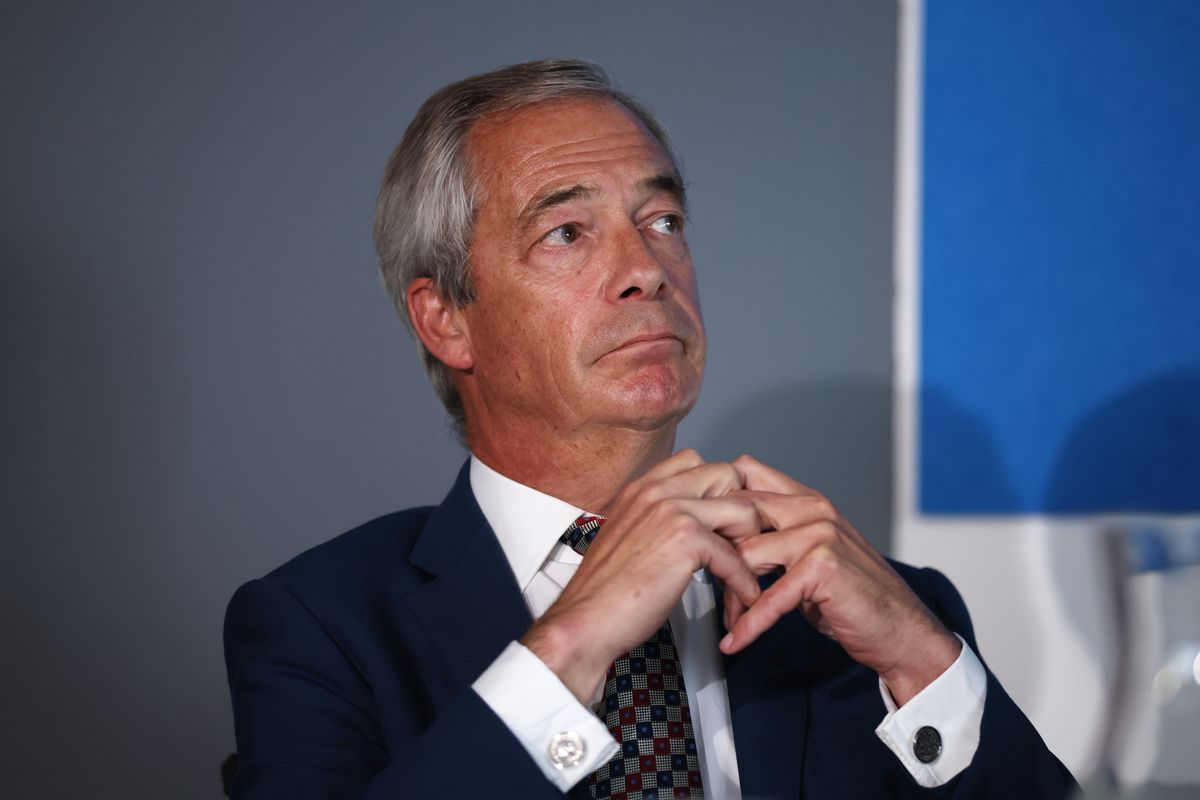
Nigel Farage's Reform UK significantly outpaced Labour in the latest polling
|GETTY
Reform also leads on defence policy with 16 per cent support against Labour's 12 per cent, and maintains advantages on housing, unemployment, and poverty reduction.
Mr Skinner noted: "Meanwhile, Reform UK continue to hold a steady lead in voting intentions, helped by this frustrated desire for change and their own strengths on immigration and (to a lesser extent) on crime.
"Though it should still be noted that many of the public do not see them or indeed any party as having the answers either on many issues," he added.
Polling guru Sir John Curtice concurred while speaking with GB News, suggesting that Reform’s polling lead came during an "unprecedented" time in British politics where "nobody is popular".
The Labour Party has been contacted for comment.
Our Standards: The GB News Editorial Charter
More From GB News





